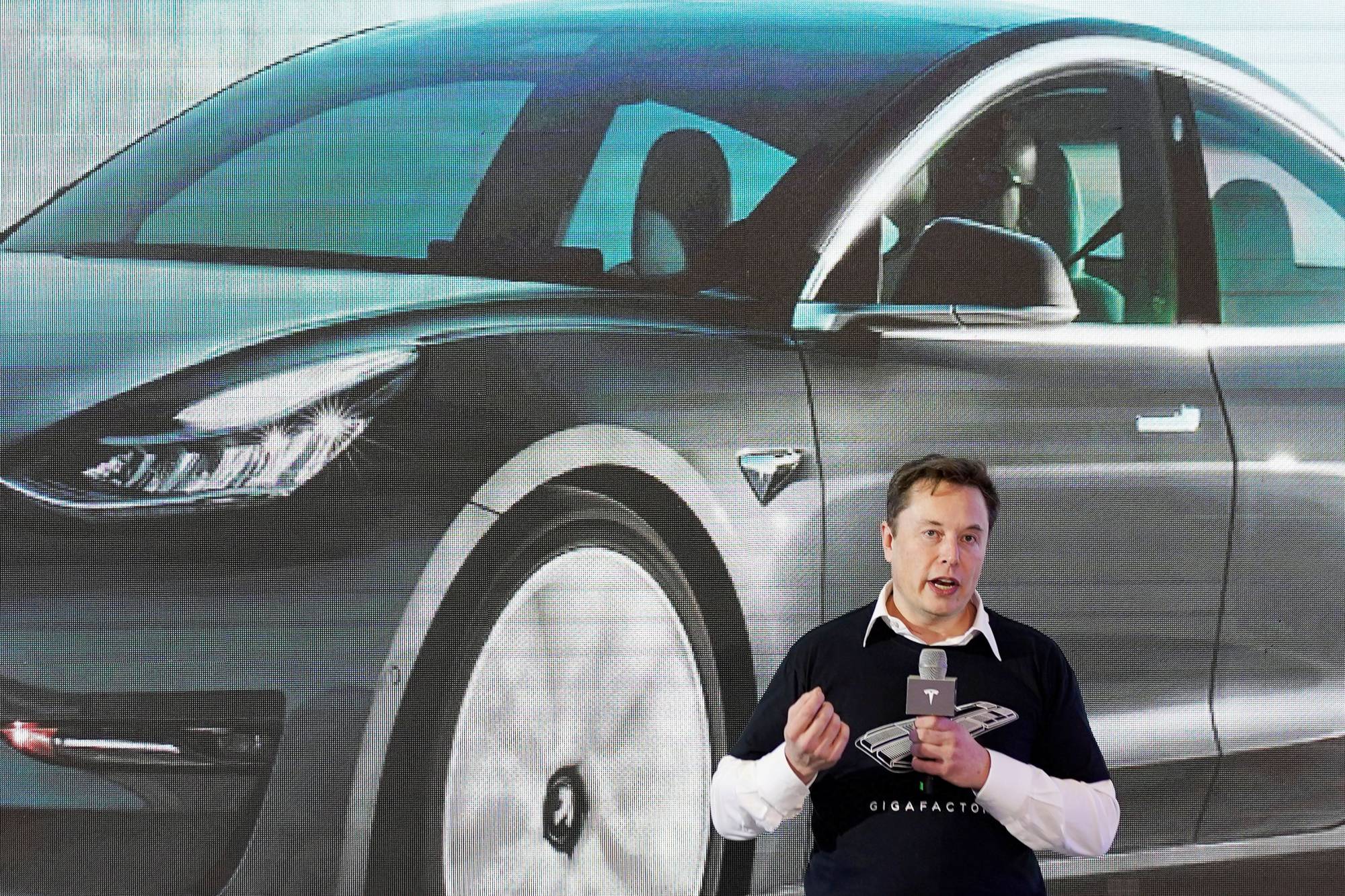Would you still buy an electric car if you knew you wouldn’t be able to resell it in the future? That’s the latest hurdle potential buyers are contending with, and it’s bound to become a big driver of demand.
The expenses of owning an electric vehicle have always stood in the way of mass adoption, even in China, which has an extensive subsidy program. Starting from the cost of the battery to how far a charge will take drivers, not to mention the shortage of points where they can plug in, there’s a lot to grapple with before green cars can overtake those powered by internal combustion engines.
Much of the anxiety stems from batteries — the price, technology, density, and where to charge them. Manufacturers have worked for years to bring down the price on a per kilowatt-hour basis. Technology has improved, with different materials helping cars run longer and further, thus needing less charge. The chemistry has become more stable. In May, for instance, Svolt Energy Technology Co., owned by the parent of China’s Great Wall Motor Co., launched the world’s first battery that doesn’t use the controversial yet once-essential cobalt. It costs less than the mainstream competition and has higher density, meaning more energy is packed into the same volume.


















With your current subscription plan you can comment on stories. However, before writing your first comment, please create a display name in the Profile section of your subscriber account page.